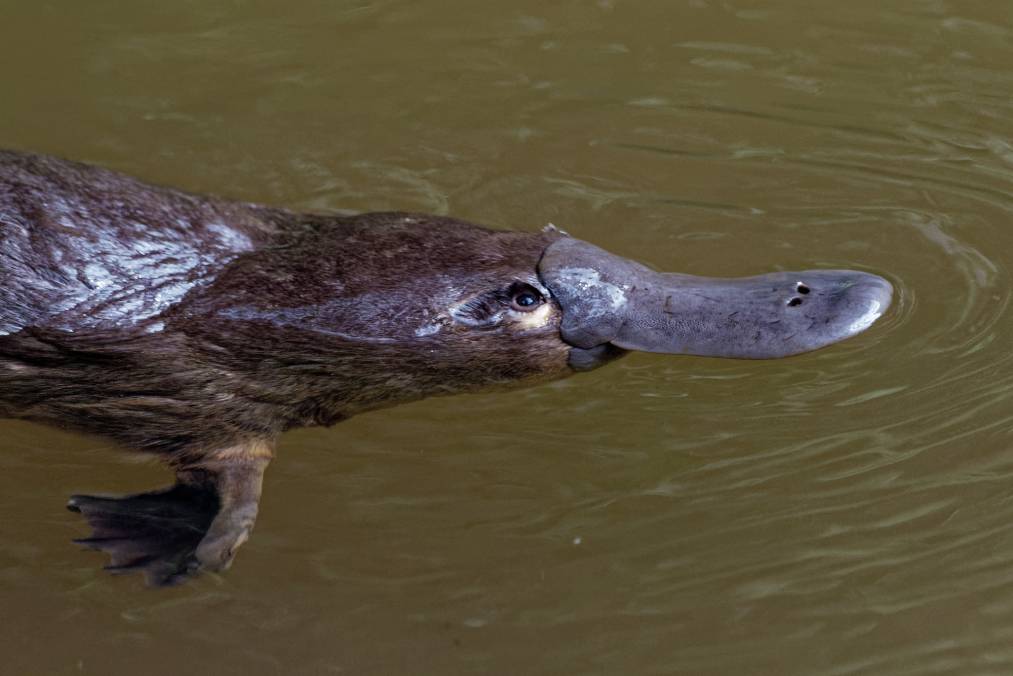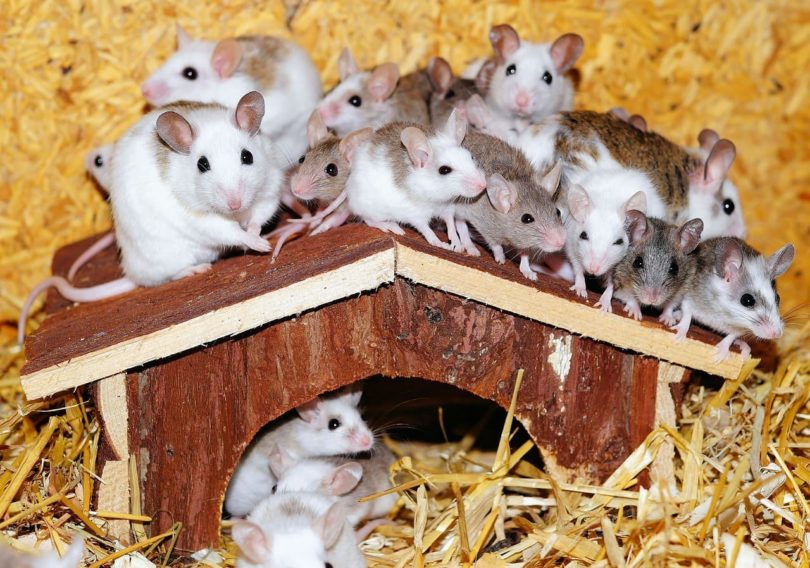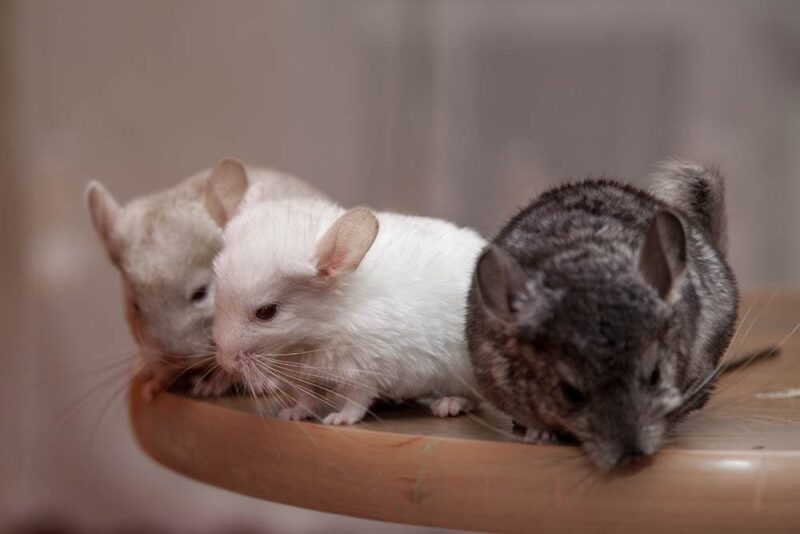Click to Skip Ahead
Many animals find their way into people’s homes because they’re so cute, making them hard to resist. Who can deny how cute a Golden Retriever puppy is or how sweet a playful kitten looks? For some, exotic pets are more appealing. It may be hard for someone who isn’t an enthusiast to understand why 4.5 million American households have a reptile in their home.
The term exotic varies, depending on your state. It could be a pony or a kangaroo. However, if your heart is set on a platypus, you should probably look elsewhere. There are many reasons to strike one off your shortlist, beginning with its conservation status in the wild, so keeping a platypus as a pet is almost entirely impossible.

Platypus in the Wild
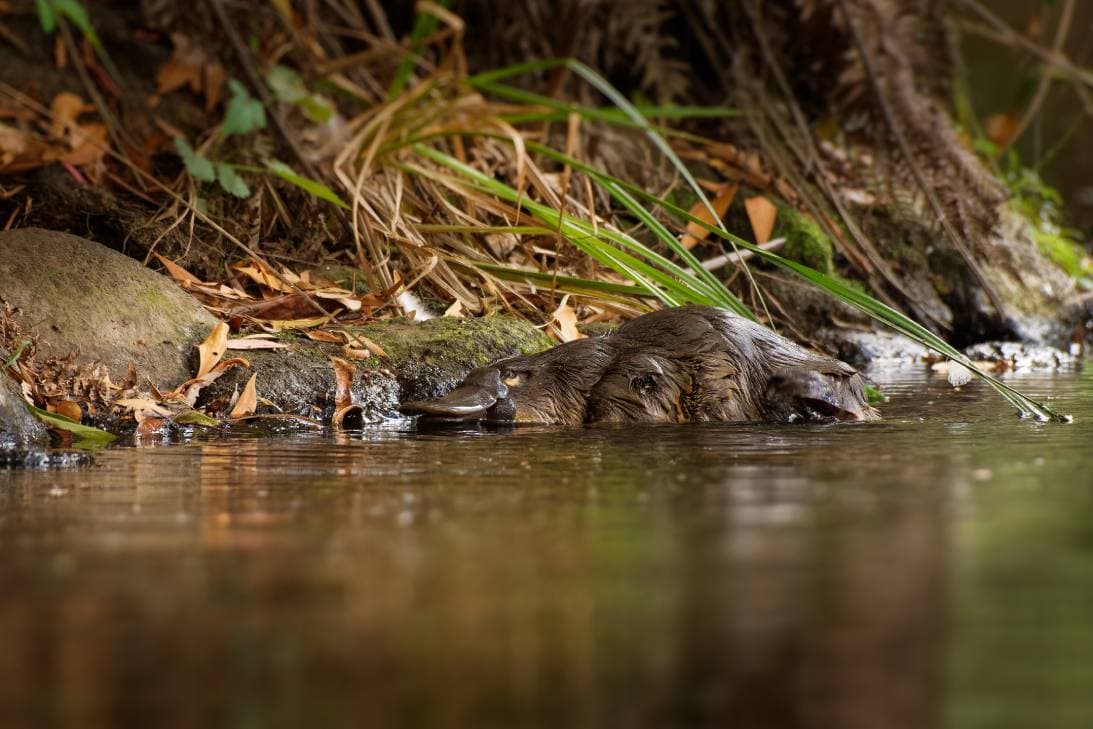
The platypus, also called the Duck-Billed Platypus, is an anomaly. It’s a mammal but also an egg layer, which we associate with birds and reptiles. It lives part-time in water, which isn’t unusual for an animal of its kind. Looking at it, you can’t help but think that Mother Nature is laughing. It’s part mammal, duck, beaver, and sting ray with its electrolocation.
It’s safe to say that the platypus is probably a transitional species that managed to survive its environmental challenges. The more important fact to remember is the platypus’s status in the wild. The animal only lives on the east coast of Australia, and its numbers there are dwindling. They have dropped so much that the International Union for Conservation of Nature and Natural Resources (IUCN) has listed the species as near threatened.
Because of bushfires, the platypus’s status hasn’t improved. They have decimated the species’ habitat, along with many other animals in Australia. These factors have prompted the country to list it as a protected species.
The Australian government forbids keeping the platypus as a pet. It also makes it impossible to export, except to zoos and scientific institutions.
Habitat in Its Native Australia
If, for some reason, you were able to get a Platypus, you have to think about how you would keep it. In the wild, it lives in inland wetlands. It enjoys hanging out in streams, splashing in the water, and hunting for food. It can also live in streams. The home range for a Platypus is from 0.14–0.25 square miles, not a small chunk of land since that translates to 89–172 acres.
Clean water is essential since the platypus is sensitive to toxins and urban water runoff. It’s not any better with agricultural wastewater effluents. So, they need a lot of space that is also pristine because of the other vital factor for a Platypus.
Care of the Platypus
In the wild, platypus feed on invertebrates of all sorts. They’ll also eat fry and small fish. All of these species require pure water, too. If you know your way around a pet store, you’re probably realizing that it’s not an inexpensive proposition to keep this animal as a pet when feeding live food. It also needs a large water body that you must maintain to keep it healthy. That means a heavy-duty, high-capacity filter and everything else that brings.
The other problem with keeping a platypus is that it eats a lot of food every day, and it’s picky. It’s not a captive-bred animal, which means it may not recognize commercial or processed food. A platypus must see a prey species moving around to trigger predatory instincts. It hoards or stashes its food, which can make maintaining the water quality an issue if it decays.
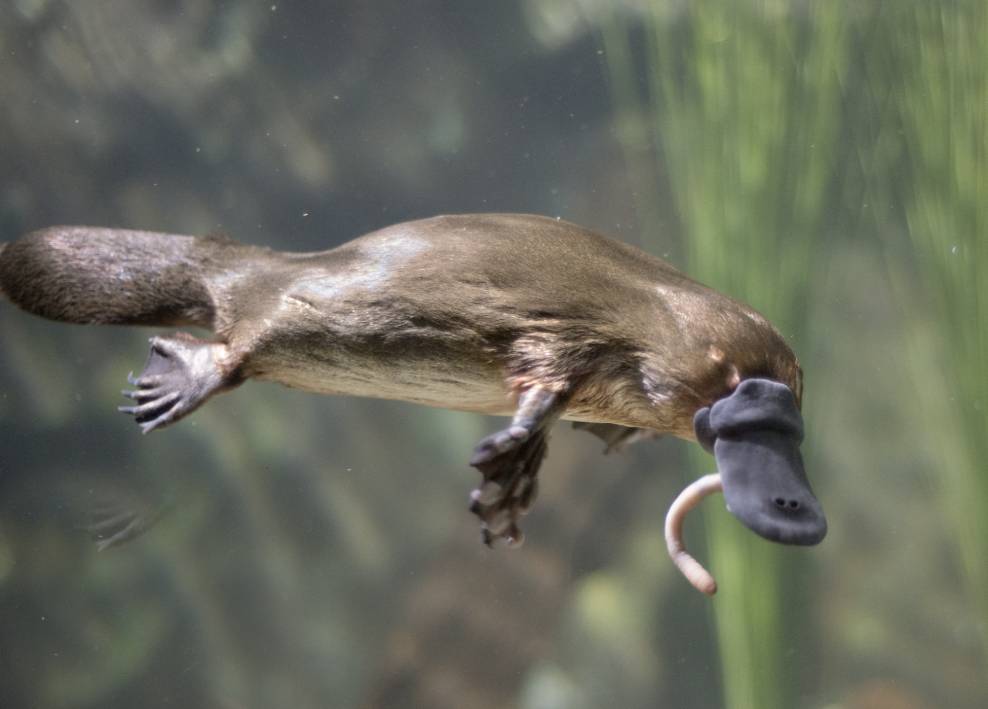
The Deal-Breaker
Keeping a platypus as a pet is almost entirely out of the question. It’s threatened in the wild, and it’s illegal to own. Its care and diet are not easy for the hobbyist to replicate. As if you need any other reason, there’s one that might hit closer to home.
When you think of venomous animals, species such as rattlesnakes and scorpions probably come to mind. The platypus is unique as a mammalian species that shares this toxic trait. Many animals use poison as a way to detract predators or kill prey. That’s precisely the evolutionary force behind the venom of the male’s ankle spurs.
It’s potent enough to get the job done with prey or predators. As far as humans are concerned, the venom of the platypus won’t kill you. But before dismissing it, we must remind you that you’ll feel its sting immediately. It’s excruciating, as many researchers have described it. If that isn’t enough, the pain doesn’t go away quickly. It lasts a long time.
However, hearing pain defined this way, we think even a few seconds is enough to put the platypus squarely in the deal-breaker category without hesitation.
 Final Thoughts
Final Thoughts
The platypus is a fascinating animal with an interesting history and survival strategy. We won’t deny that it is cute. However, that fact alone doesn’t make it a candidate as a pet. The species faces the threat of extinction in the wild, which takes it out of the legal pet trade. It’s also not an easy animal to keep, even in zoos. Finally, its venomous spurs are enough to take it off anyone’s list for a family pet.
Featured Image Credit: Martin Pelanek, Shutterstock
